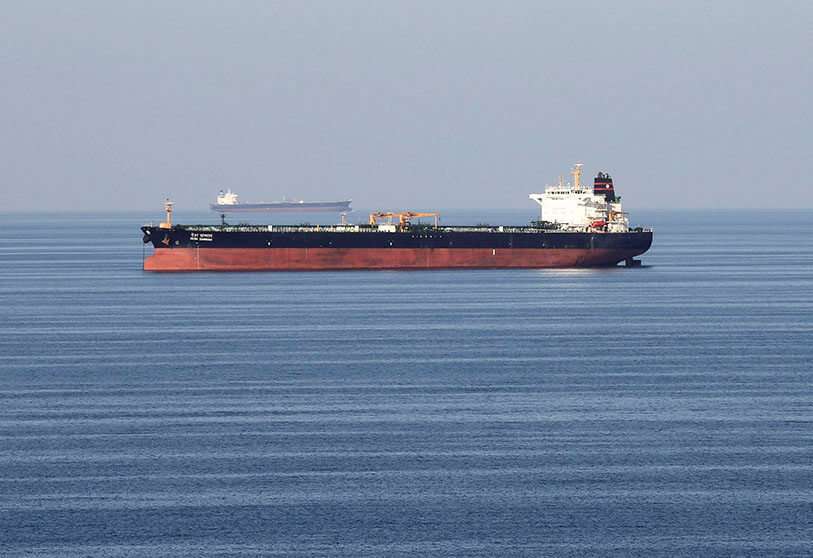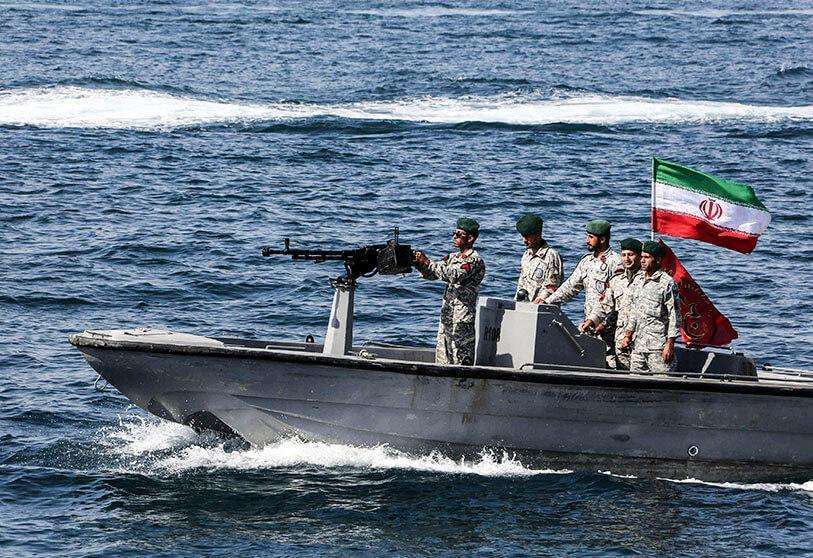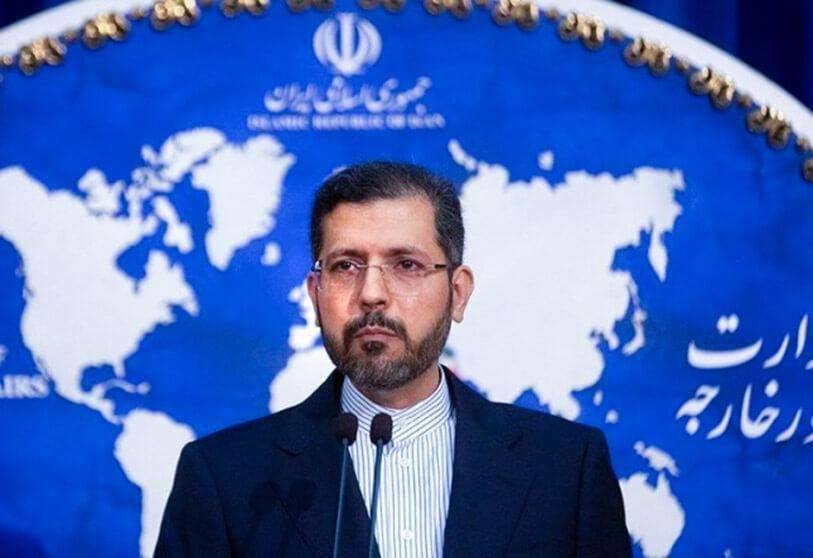Iran warns that security in the Persian Gulf is "a red line"

The Strait of Hormuz remains a focus of major tensions. A key geographical feature, its physical characteristics leave those who must pass through it in a position of extreme vulnerability. An average of 14 oil tankers per day leave for different markets, in addition to military vessels from different countries, which also sail through these waters to preserve the strategic interests of their respective nations, many of which are at loggerheads with each other.
The world's most heavily guarded 280 kilometres between Iran, Oman and the United Arab Emirates separate the Persian Gulf from the Gulf of Oman. The well-known Strait of Hormuz is one of the world's most important and strategic sea passages through which one-fifth of the world's oil exports pass, making the area of great regional and global value. There is a reason for all this movement of oil and natural gas: several of the world's major oil producers are located around this strait, and in total the countries with waters in this area pump about a third of the world's barrels of oil. Obviously, all this oil has to be exported somewhere, and the natural outlet in the Persian Gulf is precisely the Strait of Hormuz.

Tension between Iran and Israel has increased exponentially. The incident, against a Japanese-owned tanker called Mercer Street, operated by Israeli billionaire Eyal Ofer's Zodiac Maritime, raised alarms among the Israeli authorities. According to media reports, senior government and defence officials met urgently to discuss the matter, and are now trying to put Western countries on alert again to denounce the extent of alleged Iranian activities in the Middle East. Israel sees Tehran as its main enemy in the region and an existential threat. This incident appears to mark a new chapter in tensions between Israel and the Islamic Republic, following other aggressions and sabotage against ships in the Gulf over the past two years, a dynamic that has intensified in recent months.
The US government said it was "certain" that Iran was responsible for the attack on the tanker off the coast of Oman that killed two people. US Secretary of State Antony Blinken himself has pledged that the US will respond to the attack "collectively" with the UK, Israel, Romania and other countries. For its part, Israel has announced that it is prepared to attack Iran, according to Israeli Defence Minister Benny Gantz.

"Iran is an international and regional problem," Gantz said. "The world witnessed an example on Friday," referring to the attack on the Mercer Street freighter that Israel blamed on the Islamic Republic. The defence minister has claimed that the Islamic Republic would be 10 weeks away from obtaining a nuclear weapon. "Iran has violated all the guidelines set out in the JCPOA (nuclear deal) and is only 10 weeks away from acquiring weapons-grade materials needed for a nuclear weapon," Gantz warned diplomats from UN Security Council member states.
The Group of Seven (G7) has also blamed the Persian country for the Mercer Street attack. The foreign ministers of the seven countries said that "all available evidence clearly points to Iran". In a joint statement, the G7 reproached Iran for its behaviour, maintaining that the Islamic Republic "together with its support for proxy forces and armed non-state actors, threatens international peace and security". The G7 has demanded that Iran cease "all activities incompatible with relevant UN Security Council resolutions".

Iran, however, continues to reject all accusations and Tehran has stressed that security in the Persian Gulf is a "red line". Iranian foreign ministry spokesman Saeed Khatibzadeh has accused the British government of promoting 'baseless accusations'. Khatibzadeh said Tehran had "done everything possible" to protect the waterway from "insecurities orchestrated by countries like the UK". In a statement last week, Khatibzadeh said incidents involving ships in the Persian Gulf and the Sea of Oman were "completely suspicious", warning against what he called "false propaganda" against Iran.










